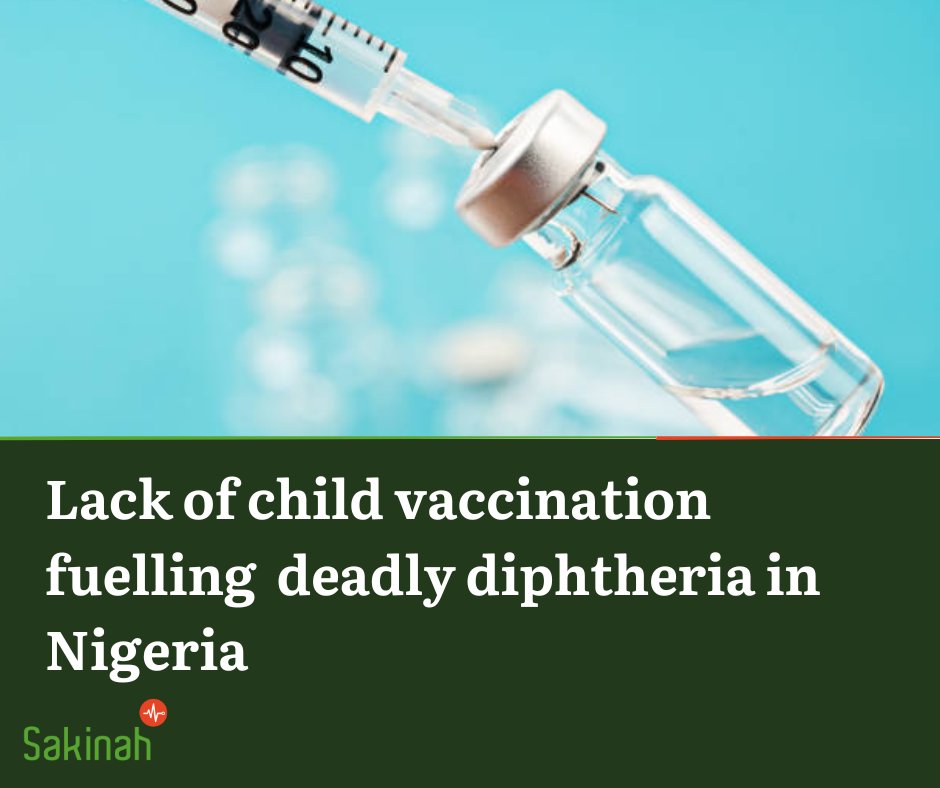Diphtheria is an infectious disease that has resurfaced as a concerning public health issue in many parts of the world, including Nigeria. While it may not always be at the forefront of medical discussions, it poses a significant threat, particularly to those who are unvaccinated. In this article, we will explore the causes, symptoms, prevention, and treatment of diphtheria, as it is crucial to raise awareness about this potentially life-threatening disease.
What Is Diphtheria?
Diphtheria is a bacterial infection caused by Corynebacterium diphtheriae. It primarily affects the respiratory system, although it can also impact other areas of the body. The disease is highly contagious and is typically spread through respiratory droplets when an infected person coughs or sneezes.
Symptoms of Diphtheria
Diphtheria can manifest in various ways, but its hallmark symptom is the development of a thick, grayish coating in the throat and tonsils. This membrane, known as a pseudomembrane, can obstruct the airway and cause severe breathing difficulties.
Other common symptoms include:
Sore throat
Fever
Swollen glands (enlarged lymph nodes in the neck)
Weakness and fatigue
In severe cases, diphtheria can lead to complications that affect other organs, such as the heart and nerves. This is why prompt diagnosis and treatment are critical.
Prevention through Vaccination
The most effective way to prevent diphtheria is through vaccination. The diphtheria vaccine is often combined with vaccines for tetanus and pertussis (whooping cough) in what is known as the DTaP or Tdap vaccine. Children receive a series of DTaP vaccines, with booster shots recommended during adulthood.
Vaccination not only protects the individual but also contributes to herd immunity, which helps shield those who cannot be vaccinated due to medical reasons or age. In Nigeria, it is crucial to ensure that children receive their recommended vaccines to prevent diphtheria and other preventable diseases.
Treatment for Diphtheria
If diphtheria is suspected or diagnosed, immediate medical attention is necessary. Treatment involves the administration of antibiotics to eliminate the bacteria. In addition, the pseudomembrane in the throat may need to be carefully removed to restore normal breathing. Supportive care, such as oxygen therapy and intravenous fluids, is often required to manage the symptoms and complications.
It’s important to note that diphtheria is a medical emergency, and prompt intervention is essential to prevent severe complications or even death.
Conclusion
Diphtheria is a preventable disease that can have serious consequences if left unaddressed. Vaccination remains the most effective means of preventing diphtheria, and it is essential for individuals, parents, and healthcare providers to ensure that vaccination schedules are up to date.
Raising awareness about diphtheria and its prevention is vital in the fight against this disease. By staying informed and promoting vaccination, we can protect ourselves and our communities from this potentially life-threatening infection. If you have any concerns about diphtheria or its prevention, we recommend consulting a healthcare professional for guidance and support.

